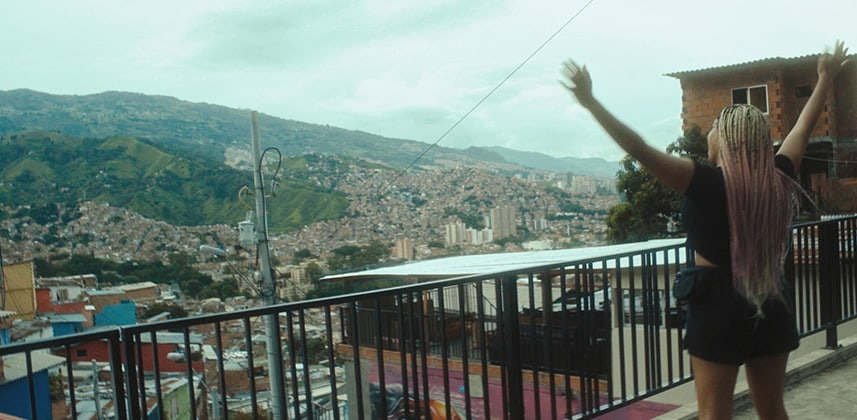Rediscover The Basics – Fixing Exposure Shifts
Release date:2018, July 19
Duration:00 h 10 m
Author:Dan Moran
Skill level:Beginner
Language:English
Exercise files:Yes
Simple Techniques for Fixing Exposure Shifts
Sometimes in a grading session dreded exposure shifts crop up.
It might be gentle slip of the hand. Sometimes a desperate DOP chasing a un-repeatable moment searching for something that looks good.
Sure they are a pain in the rear end but think about these words from Rodger Deakons:
“In the end a film can look lousy but work because of a great performance – but not the other way round. That’s something always worth remembering.”
Our job is to put on our capes and save the shots that have great performance but minor issues (sometimes massive issues) so that the viewer doesn’t notice.
With advancement in camera technology, most cameras have enough latitude to compensate for the (hopefully 1 stop) iris pull that you’d have to deal with. Anything venturing into the 2 stop or more category might be more difficult but I’d hope at that stage the editors have been scared off from using it in the edit.
On of the hardest requests I’ve had as a colorist is to make these exposure pulls seamless. In better news is I feel like my current method works well and with enough time spent can achieve this!
My main advice is to take it slow and steady and start by grabbing a still of the ideal exposure and using as few keyframes as possible and match from there.





 Channel
Channel





